ICL model predicts lithium-ion batteries most competitive for storage applications by 2030
Green Car Congress
JANUARY 10, 2019
levelized cost)—as opposed to the investment cost—of 9 electricity storage technologies for 12 different applications between 2015 and 2050. The model predicts lithium-ion batteries to be the cheapest technology in the coming decades. An open-access paper on their work is published in the journal Joule.


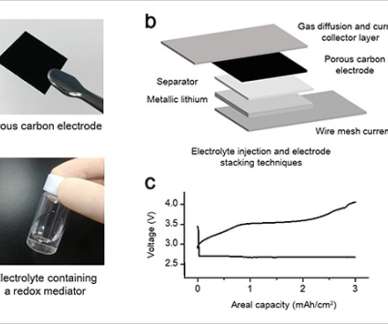




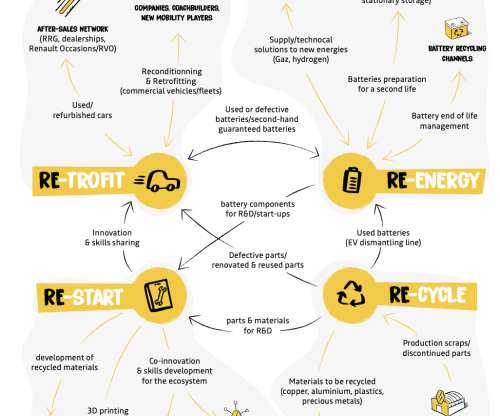

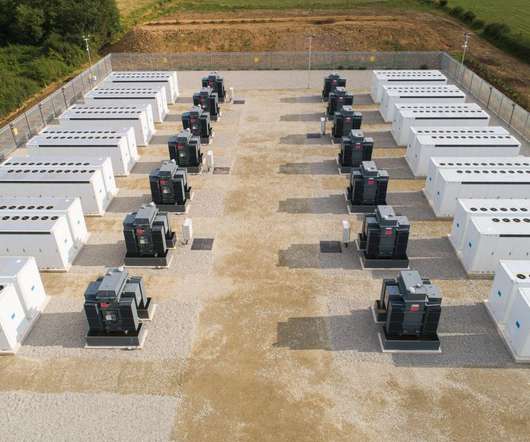



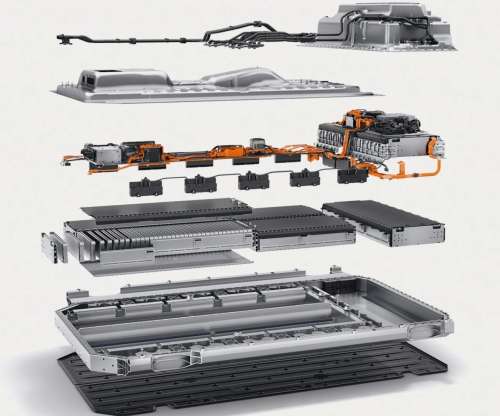

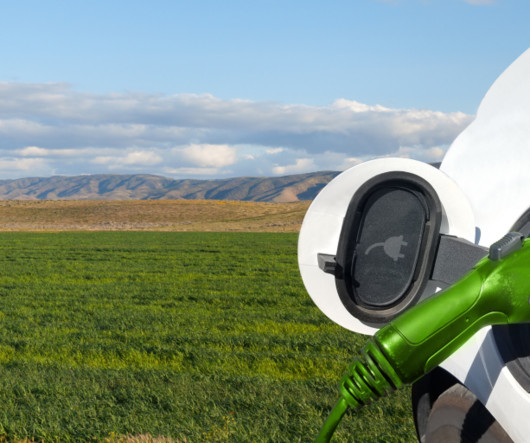

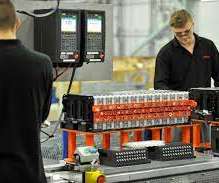
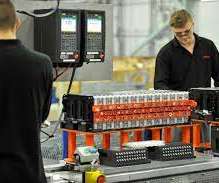







Let's personalize your content